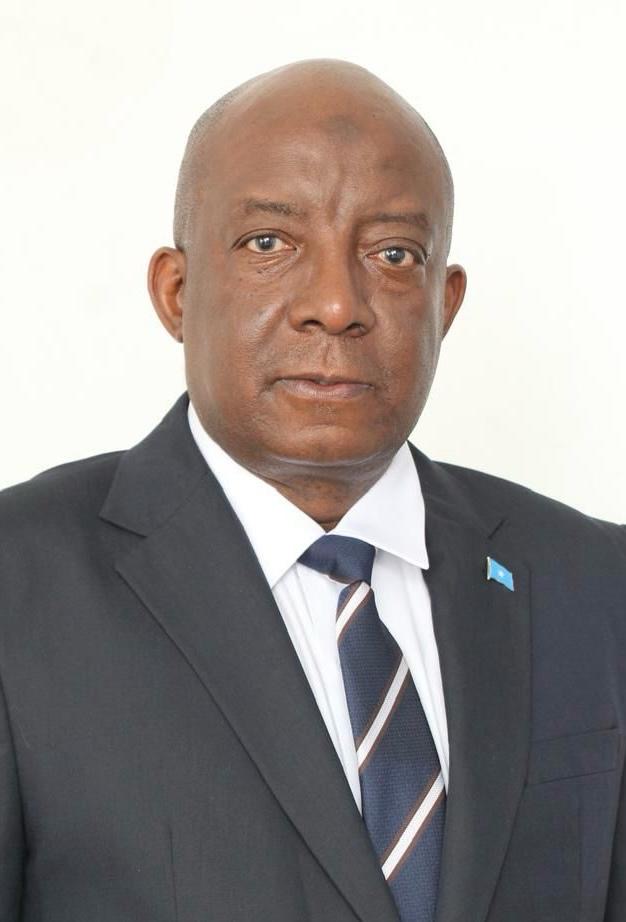 En juin 2010, la filiale du géant russe Gazprom, Gazprom Neft Marine Bunkering, a établi une base dans la zone franche de Djibouti (DFZ), selon un rapport d’Economic Zones World.
En juin 2010, la filiale du géant russe Gazprom, Gazprom Neft Marine Bunkering, a établi une base dans la zone franche de Djibouti (DFZ), selon un rapport d’Economic Zones World.
Cette décision s’inscrit dans la stratégie d’expansion de la grande multinationale de l’énergie et la DFZ constitue une porte d’entrée vers l’Afrique de l’Est. Gazprom est déjà présent en Afrique de l’Ouest et en Afrique du Nord sous une forme ou une autre.
Gazprom, via sa filiale locale, Red Sea Bunkering FZCO (https://rsbunkering.com/contact/), vend du carburant marin à des compagnies maritimes, comme Maersk, et réexporte vers d’autres pays. L’entreprise dispose de plusieurs réservoirs de stockage d’une capacité de stockage de plusieurs milliers de mètres cubes et d’une barge au terminal pétrolier maritime de Doraleh.
À l’inauguration du projet, Andrey Vasiliev, directeur général de Gazprom Neft Marine Bunker, avait déclaré : « Gazprom Neft a l’intention de fournir un service de ravitaillement de première classe à l’industrie maritime de la région, ce qui développera et renforcera davantage nos relations commerciales avec Djibouti et le continent. »
La société Red Sea Bunkering FZCO fait partie du Great Horn Investment Holding Group, la société mère par l’intermédiaire de l’Autorité des ports et des zones franches de Djibouti (DPFZA). Red Sea Bunkering est une société qui sous la tutelle du ministère des Infrastructures et de l’Équipement de Djibouti.
Le rapport d’évaluation de la performance du système de gestion des finances publiques suivant la méthodologie PEFA datée du 9 mars 2023 a révélé que la part du capital détenu par l’état djiboutien est 60 %, mais sans préciser comme se répartisse le 40 %. (https://www.pefa.org/sites/pefa/files/2023-07/DJ-Mar23-PFMPR-Public%20with%20PEFA%20Check.pdf)
Une autre source de la chambre de commerce de Djibouti nous a révélé que le 40 % restant est reparti entre Gazprom et des membres de la famille du président de Djibouti.
Cette société, Red Sea Bunkering FZCO, réaliser des bénéfices estimés à plusieurs millions de dollars US. Et depuis l’embargo sur le pétrole imposé à la Russie, les activités et les bénéfices de la société Red Sea Bunkering FZCO se sont multipliés.
Si on relie la déclaration de monsieur Andrey Vasiliev, directeur général de Gazprom Neft Marine Bunker, de l’année 2010, à l’inauguration de Red Sea Bunkering FZCO, on peut comprendre que l’objectif de Gazprom n’était pas seulement de faire une expansion commerciale, mais de disposer aussi des canaux alternatifs d’exportation ou de réexportation en cas de guerre de sanction internationale.
Hassan Cher
——————————————————————————————-
The English translation of the article in French.
Djibouti/Gazprom/Russia: Is Djibouti helping Moscow get round the oil embargo?
In June 2010, Gazprom Neft Marine Bunkering, a subsidiary of Russian giant Gazprom, established a base in the Djibouti Free Zone (DFZ), according to a report by Economic Zones World.
The move is part of the major multinational energy company’s expansion strategy, with the DFZ providing a gateway to East Africa. Gazprom is already present in West Africa and North Africa in one form or another.
Gazprom, through its local subsidiary, Red Sea Bunkering FZCO (https://rsbunkering.com/contact/), sells marine fuel to shipping companies, such as Maersk, and re-exports to other countries. The company has several storage tanks with a storage capacity of several thousand cubic metres and a barge at the Doraleh marine oil terminal.
At the inauguration of the project, Andrey Vasiliev, Managing Director of Gazprom Neft Marine Bunker, said: « Gazprom Neft intends to provide a first-class bunkering service to the region’s marine industry, which will further develop and strengthen our trade relations with Djibouti and the continent.
Red Sea Bunkering FZCO is part of the Great Horn Investment Holding Group, the parent company through the Djibouti Ports and Free Zones Authority (DPFZA). Red Sea Bunkering is a company under the supervision of the Djibouti Ministry of Infrastructure and Equipment.
The performance evaluation report on the public finance management system using the PEFA methodology, dated 9 March 2023, revealed that the share of capital held by the State of Djibouti is 60%, but did not specify how the 40% is divided. (https://www.pefa.org/sites/pefa/files/2023-07/DJ-Mar23-PFMPR-Public%20with%20PEFA%20Check.pdf)
Another source from the Djibouti Chamber of Commerce told us that the remaining 40% is split between Gazprom and members of the President of Djibouti’s family.
This company, Red Sea Bunkering FZCO, makes profits estimated at several million US dollars. And since the oil embargo imposed on Russia, the activities and profits of Red Sea Bunkering FZCO have multiplied.
If we link the statement made by Andrey Vasiliev, Managing Director of Gazprom Neft Marine Bunker, in 2010, to the inauguration of Red Sea Bunkering FZCO, we can understand that Gazprom’s objective was not only to expand its business, but also to have alternative export or re-export channels in the event of an international sanctions war.
Hassan Cher
Share











